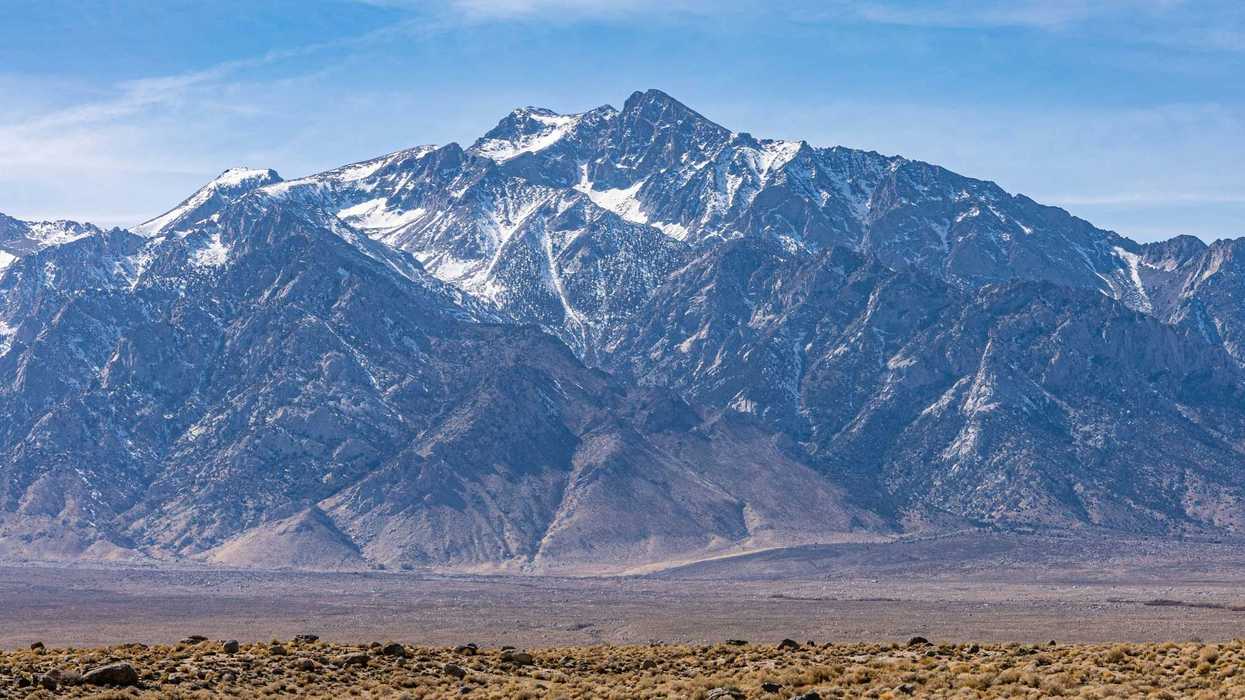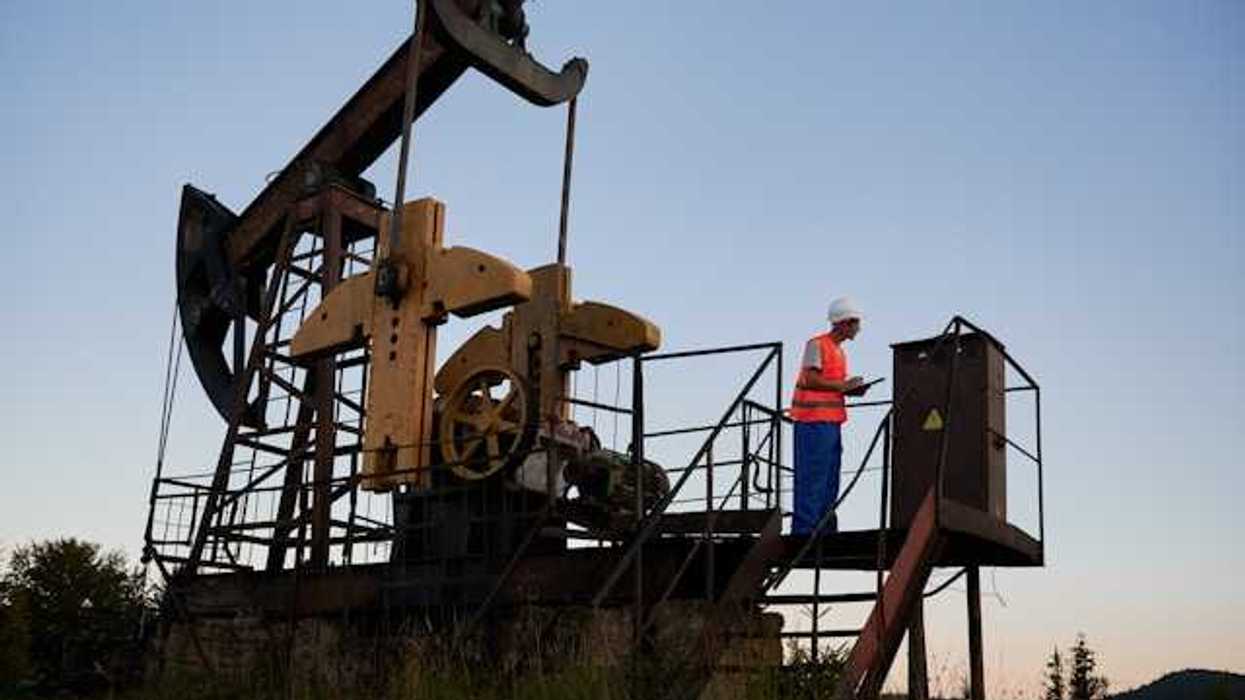Human-caused emissions are fueling a sharp increase in ground-level ozone, a toxic air pollutant that worsens with climate change and threatens global health, food systems, and forests.
Sean Mowbray reports for Mongabay.
In short:
- Ground-level ozone forms from chemical reactions involving methane, nitrogen oxides, and volatile organic compounds under sunlight, and spikes during heat waves worsened by climate change.
- The pollutant damages human lungs, stresses the cardiovascular and reproductive systems, and has been linked to 1.4 million deaths annually — far more than previously estimated.
- Ozone pollution weakens forests and reduces food crop yields, particularly in the tropics, raising concerns for biodiversity and food security as temperatures climb.
Key quote:
“Ozone pollution is an often overlooked but significant threat to pollinators and global food security. Addressing it requires policy action and interdisciplinary research to develop mitigation strategies that balance human activities with ecosystem health.”
— James Ryalls, researcher at the University of Reading
Why this matters:
Ground-level ozone is not emitted directly but forms from other pollutants — largely from vehicles, agriculture, and fossil fuel use — reacting in sunlight. It aggravates respiratory and cardiovascular conditions and lowering crop yields worldwide. Rising ozone also undercuts the carbon-storing ability of forests and threatens pollinators critical to agriculture. Its effects cross borders, making it a global problem requiring international cooperation. Despite being a lesser-known greenhouse gas, ozone is deeply intertwined with public health, biodiversity, and climate resilience.
Related: Colorado faces persistent ozone pollution despite climate efforts














